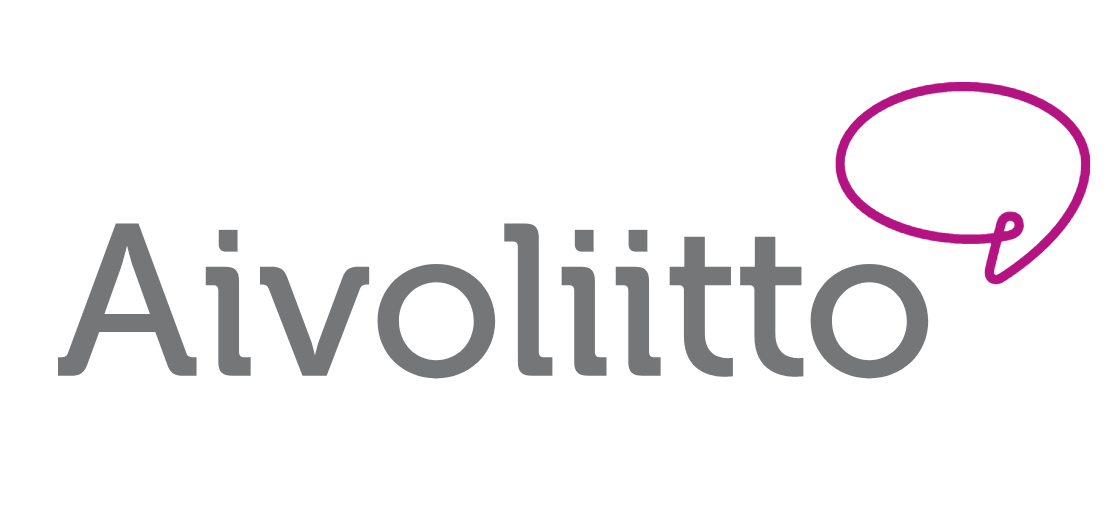Parliamentary elections took place in Finland in April, and the new government programme is currently being drawn up. The Finnish Brain Association urges Finland’s new decision-makers to remedy the flagrant inequality in stroke rehabilitation. In Finland, access to rehabilitation is arbitrary and depends on both the affected person’s domicile and age.
In the country’s hospital districts, at best more than 40 per cent of stroke victims are admitted to multiprofessional rehabilitation. This is in line with national recommendations. In some hospital districts, however, multiprofessional rehabilitation is only provided to a select few patients. This means that our country’s overall situation in stroke rehabilitation is poor: only 10–20 per cent of stroke victims are referred to multiprofessional rehabilitation. That is less than half of those who need rehabilitation. Every year, approximately 26,000 Finns suffer a stroke. A third of them die.
The Finnish Brain Association reminds the new decision-makers that follow-up care for stroke victims in Finland depends too much on the patient’s domicile and age. Age and domicile play a role in both whether the patient receives rehabilitation and how long the rehabilitation lasts. Those over 65 are the most disadvantaged.
The Finnish Brain Association demands an end to this kind of age discrimination and reminds us of studies that indicate that the rehabilitation of elderly stroke patients in particular is worthwhile. The association points out that timely, efficient stroke rehabilitation saves costs for society, as it reduces the need for long-term institutional care and decreases social welfare costs, among other things.
Inadequate or inefficient rehabilitation leads to a weaker state of health and impaired functional ability and quality of life for the patients, while also increasing their need for assistance and services. Stroke is the most costly arterial disease. Each year, EUR 450 million is spent on direct costs and more than EUR 800 million on indirect costs. This expenditure could be lowered by tens and even hundreds of millions of euros, if rehabilitation were targeted correctly.
Insufficient support measures for those affected by aphasia
In Finland, there are approximately 20,000 people who suffer from aphasia following a stroke. They are also in a difficult position, as language disorders are not recognised according to the Finnish Brain Association, and the availability of support measures, such as interpretation services for people with a speech impairment, is insufficient.
Therefore, the Finnish Brain Association demands that people with a speech impairment also be provided with immediate, appropriate therapy and the possibility to express themselves. Society and public service providers have not sufficiently taken into account the possibilities of people with a speech impairment to participate in decisions that concern them. People with impaired speech are not able to act as active citizens, nor do they have the possibility to communicate in an emergency situation (112), for example.
The Finnish Brain Association bases its demands on, among other things, the Nordic Aphasia Association’s principles of aphasia rehabilitation, which, according to the Finnish Brain Association, are a prerequisite for achieving fairness and equality in communication.





